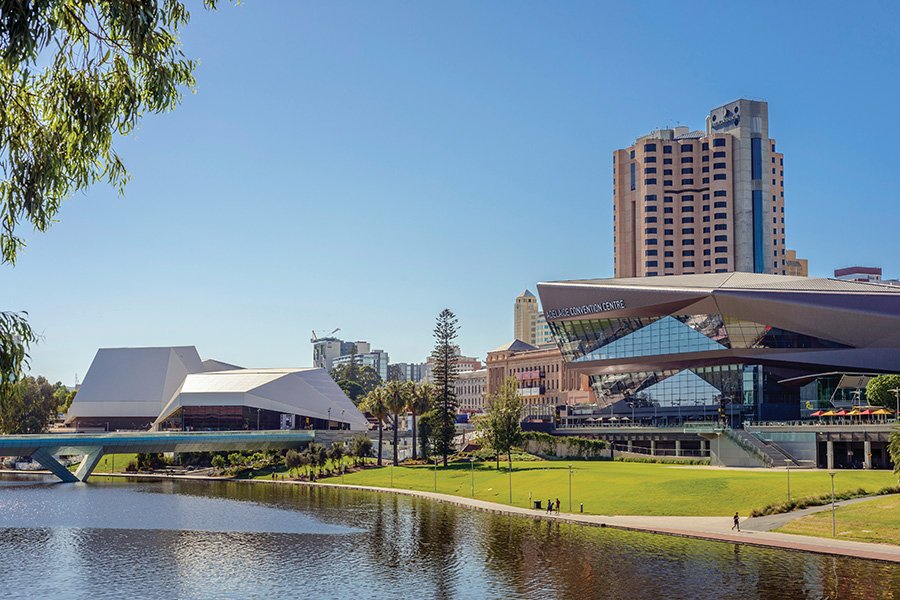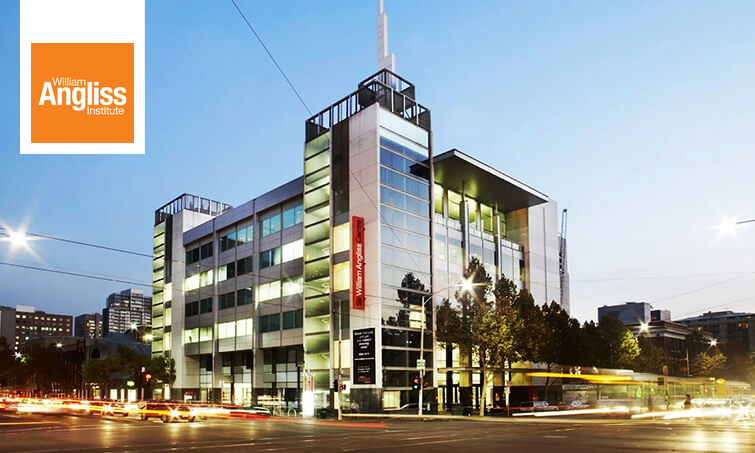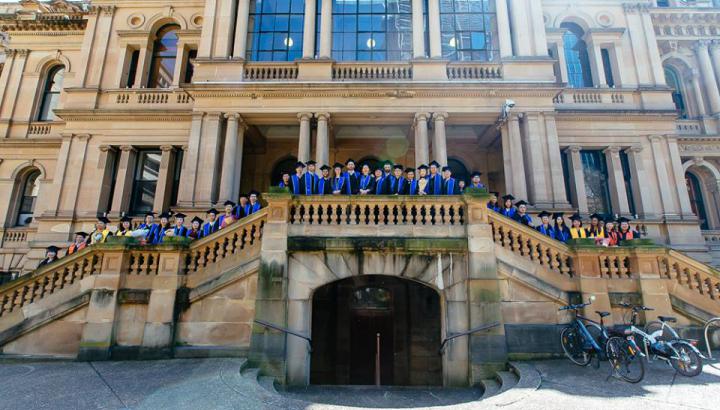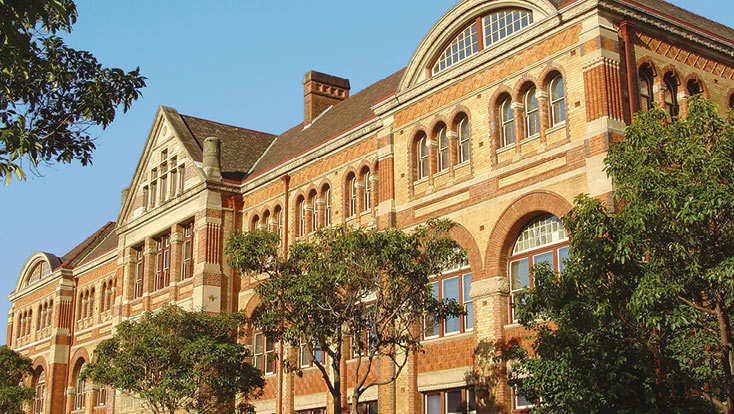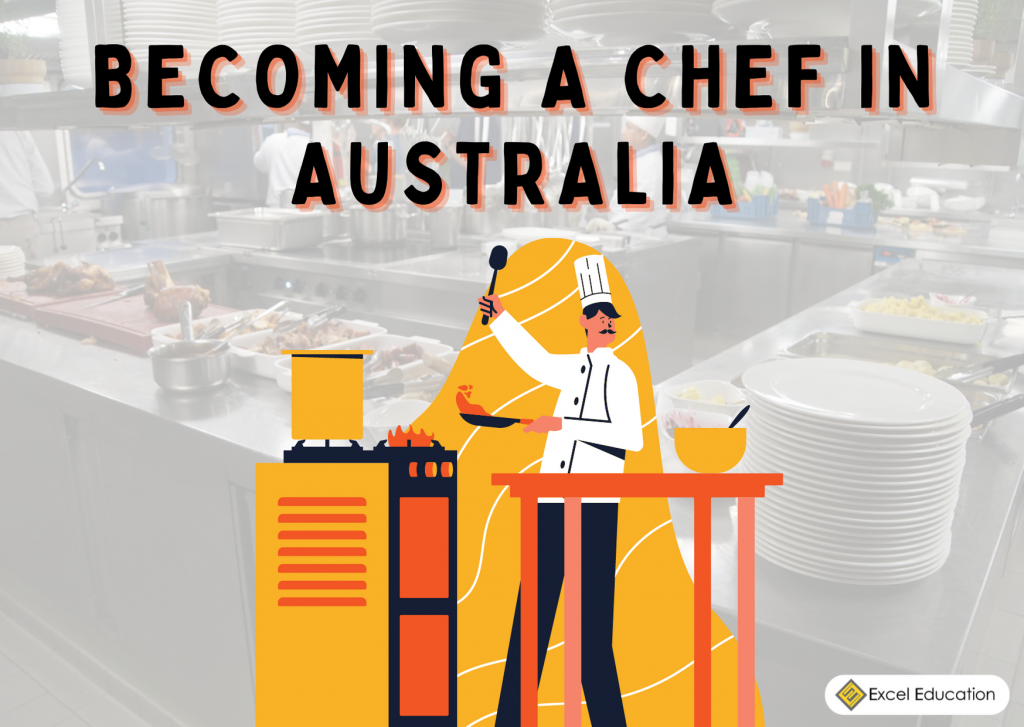
What is Cookery?
Ever spent hours binge watching Gordon Ramsay yell profanity at his chefs or Jamie Oliver cook healthy dishes in his beautiful kitchen? Well, these world famous chefs are evidently extremely good at what they do. Chefs are in high demand all over the world. If you have a passion for cooking, this article is equipped with everything you need to know before stepping into your journey of becoming a chef in Australia.
Cookery is known to be the practice or skill of preparing and cooking food. Typical responsibilities of chefs include overseeing food production at places such as restaurants, private homes, events, cafes and hotels.
Different Types of Chef
I. Head chef
Known also as an executive chef, they are responsible for the entire kitchen and have significant input into the menu. It takes years of experience to become a head chef. Most of the time, head chefs are not involved in any cooking ; instead, they oversee the quality of dishes before going out.
II. Sous Chef
Sous Chef is the second chef in common in assisting the head chef, in overseeing the kitchen.
III. Station Chef
Station Chefs have a huge responsibility as they are in charge of an entire area in the kitchen. They work directly under the Sous Chef and are responsible for all the chefs working in their area.
IV. Kitchen Manager
Kitchen Managers tend to work to manage the behind the scenes of a kitchen’s operations. They tend to the stock levels of the ingredients as well as the functioning of the equipment in the kitchen.
V. Commis Chef
Commis Chefs are usually entry level positions in which they work alongside other kitchen staff to allow them to see how a kitchen works first-hand and to work beside an experienced cook.
VI. Pastry Chef
Pastry Chefs are specialised chefs that are skilled in making desserts, pastries, bread and other forms of baked goods. The primary responsibilities of pastry chefs are to bake, prepare and pair baked sweets to match demands.
Skills Needed to Become A Chef in Australia
I. Communication Skills
When working in a fast-paced environment like a kitchen, you’d definitely need to have good communication skills. No matter the hierarchy, you would need to be able to not only listen effectively and follow orders or take charge as head to direct your chefs.
II. Attention to Detail
Attention to detail is important in ensuring the quality and consistency of every dish that goes out to customers. Examples of details that chefs need to have an eye for are like portion sizing, precision, presentation and heat control.
III. Teamwork
The professional kitchen can be a huge pot of people, coming from many different backgrounds, skill levels coming together with the same passion for cooking. Being able to work together as a team is crucial in ensuring a smooth workflow in the kitchen which then results in quality service of food.
IV. Resilience
Physical resilience comes in as working in the kitchen can be extremely demanding as chefs usually work 10-12 hour shifts in hot temperatures without breaks in between. Mental resilience comes in for you to be able to mentally cope with the pressure while being on top of your game while remaining focused and consistent in producing dishes for customers.
General Pathway of Becoming a Chef in Australia
The full Commercial Cookery course comprises of –
Certificate III in Commercial Cookery: this is a one year training course, which offers both theory and practical training. A mandatory workplace training of 10 weeks must be undertaken in either a restaurant, hotel, cafe or coffee house as a trainee chef. Upon completion, you will become a qualified cook.
Certificate IV in Commercial Cookery: this is a 6 month course, for students that have achieved Cert III in Commercial Cookery and want to have a higher role in a kitchen setting. Upon completion, you will become a qualified chef.
Diploma of Hospitality Management (Commercial Cookery Pathway): this is a 6 month course for students that have completed both their Certificate III and IV of Commercial Cookery. This qualification helps you to enhance your skills and knowledge in hospitality operations which include inventory control, operational planning and customer service.
Potential Career Choices for You;
- Kitchen manager
- Restaurant manager
- Sous Chef
- Unit Manager
Entry Requirements to Study Commercial Cookery in Australia
Academic Requirements
Certificate III & IV Commercial Cookery
Qualification | Scores |
SPM/IGCSE (Year 11 equivalent) | Min. 4 passes |
Diploma/Advanced Diploma in Commercial Cookery
Qualification | Scores |
Australian Year 12 qualification | ATAR Min. 50 |
GCE O Levels | Min. 4C’s |
*NOTE : Any other equivalent of Year 12 qualifications can be accepted if it meets a satisfactory level, varying based on courses. Different courses have different entry requirements.
Contact us for more information.
English Language Requirements
Certificate III & IV Commercial Cookery
Qualification | Scores |
IELTS | Min. 5.5 |
TOEFL IBT | Min. 46 |
Diploma/Advanced Diploma in Commercial Cookery
Qualification | Scores |
IELTS | Min. 5.5 |
TOEFL IBT | Min. 69 |
*NOTE : Different courses have different entry requirements.
Contact us for more information.
Top Commercial Cookery Courses & Programs in Australia
#1 Le Cordon Bleu (Adelaide, Brisbane, Melbourne, Sydney)
Program Name | Certificate III in Commercial Cookery Certificate IV in Commercial Cookery Advanced Diploma of Hospitality Management |
Duration (Full time) | 15 months (Cert III) 6 months (Cert IV) 6 months (Advanced Diploma) |
Intake | January, April, July and October |
Indicative Fee (2021) |
Program Name | Certificate III in Commercial Cookery Certificate IV in Commercial Cookery Diploma of Hospitality Management |
Duration (Full time) | 1 year (Cert III) 1.5 years (Cert IV) 2 (Diploma including Cert IV) |
Intake | February, May, July and October |
Indicative Fee (2021) |
#3 Evolution Hospitality Institute, Sydney
Program Name | Certificate III in Commercial Cookery Certificate IV in Commercial Cookery Diploma of Hospitality Management |
Duration (Full time) | 15 months (Cert III) 24 months (Cert IV) 24 months (Diploma) |
Intake | January, April, July and October |
Indicative Fee (2021) | Contact us |
#4 TAFE Western Australia
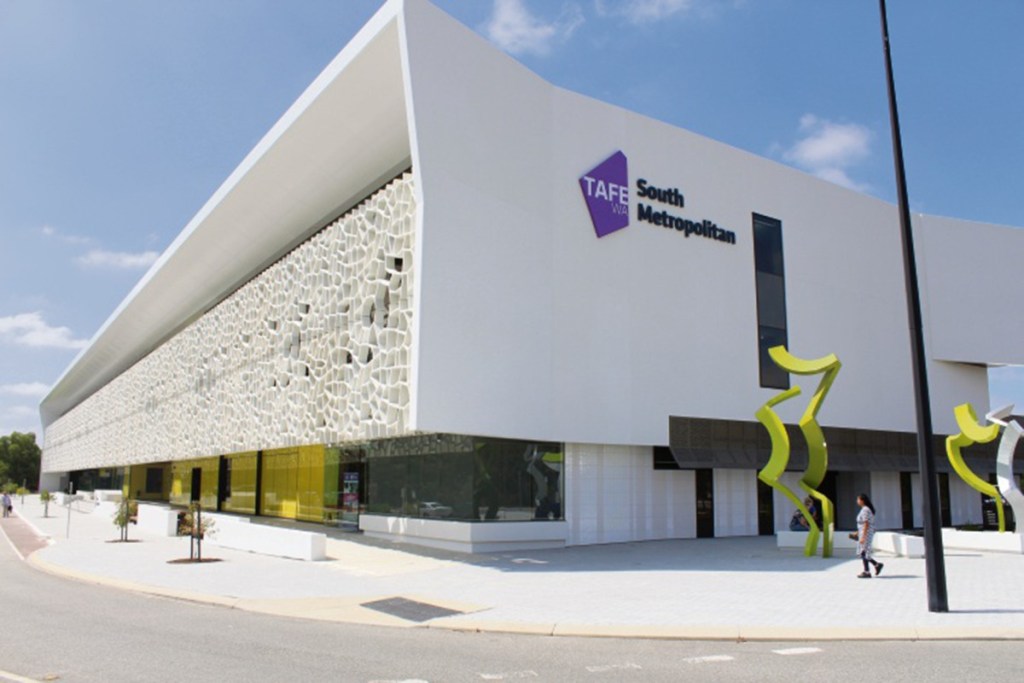
Campuses:
- South Metropolitan TAFE, Bentley
- North Metropolitan TAFE, Joondalup
Program Name | Certificate III in Commercial Cookery Certificate IV in Commercial Cookery Diploma of Hospitality Management |
Duration (Full time) | 12 months (Cert III) 6 months (Cert IV) 6-18 months (Diploma) |
Intake | February and July |
Indicative Fee (2021) |
#5 TAFE New South Wales
Program Name | Certificate III in Commercial Cookery Certificate IV in Commercial Cookery Diploma of Hospitality Management |
Duration (Full time) | 1 year (Cert III) 1.5 years (Cert IV + Diploma) |
Intake | February and July |
Indicative Fee (2021) |
How to Gain Permanent Residency as a Chef in Australia?
Upon completion of the programme and graduation, students from culinary courses have a pathway for Permanent Residency (PR status). Here are 5 steps you’d need to take as a graduate chef to gain PR in Australia:
STEP 1
Firstly, you’d need to apply for the Provisional Skills Assessment (PSA) through Trade Recognition Australia. For this, you would have to have completed AT LEAST a Certificate IV in Commercial Cookery/Patisserie/Asian Cookery from a Registered Training Organisation (RTO) registered with the Commonwealth Register of Institutions and Courses for Overseas Students (CRICOS). You would also need a valid student visa, along with proof of 360 hours of work experience and/or vocational placement related to the nominated occupation of a Chef.
Successful PSA results are needed for the next step, 485 (Graduate Stream) visa application.
STEP 2
Application of the 485 (Graduate Stream) requires i) completion of AT LEAST *2 years of study in a field that is highly related to occupation of a Chef, ii) satisfaction of the required English Language capability, iii) successful PSA results
*Many students take up Certificate III & IV in Commercial Cookery with an additional Diploma of Hospitality to satisfy the 485 visa requirements.
STEP 3
Next, you need to apply for a Job Ready Employment (JRE). To be eligible, you should have a i) successful PSA outcome, ii) secured a paid employment as a Chef, in where you have to perform the tasks listed as a Chef as listed on ‘Australia Business Statistics’ and acquire/in the process of acquiring a 485 visa. To be successful in this step, you would need to have completed AT LEAST 1,725 hours of paid experience as a Chef in the previous year along with submissions of monthly and quarterly journals to show the work you’ve been performing in your role with evidences (bank statements and pay slips)
STEP 4
After completing about 863 hours of paid work experience within 6 months, you will be eligible to undertake the ‘Job Ready Workplace Assessment’ – then a Liaison Officer will be assigned to you in where a scheduled visit will be done to your workplace to assess all the tasks that you perform based on the monthly journals. If you are successful, your outcome letter will show that you are Job Ready, if not, it will show as Not Yet Job Ready. If failed, you are given another chance to retake the assessment.
STEP 5
Final step of the process is to apply for a ‘Job Ready Final Assessment (JRFA)’. To be eligible, you should have a successful PSA and JRWA outcome, along with providing your Liaison Officer with journals and paid employment evidence covering at least 12 months (at least 1,725 work hours). Once all of these steps are completed, you can use your JRFA for your Permanent Residency visa application.
NOTE: It is important for you to also understand that this is just one of the requirements needed to apply for a PR Visa, where all the application criteria need to be satisfied to get a visa grant.
For more information regarding the application of permanent residency in Australia as a Chef, please contact Excel Education
Related Articles to Read:
About the Author
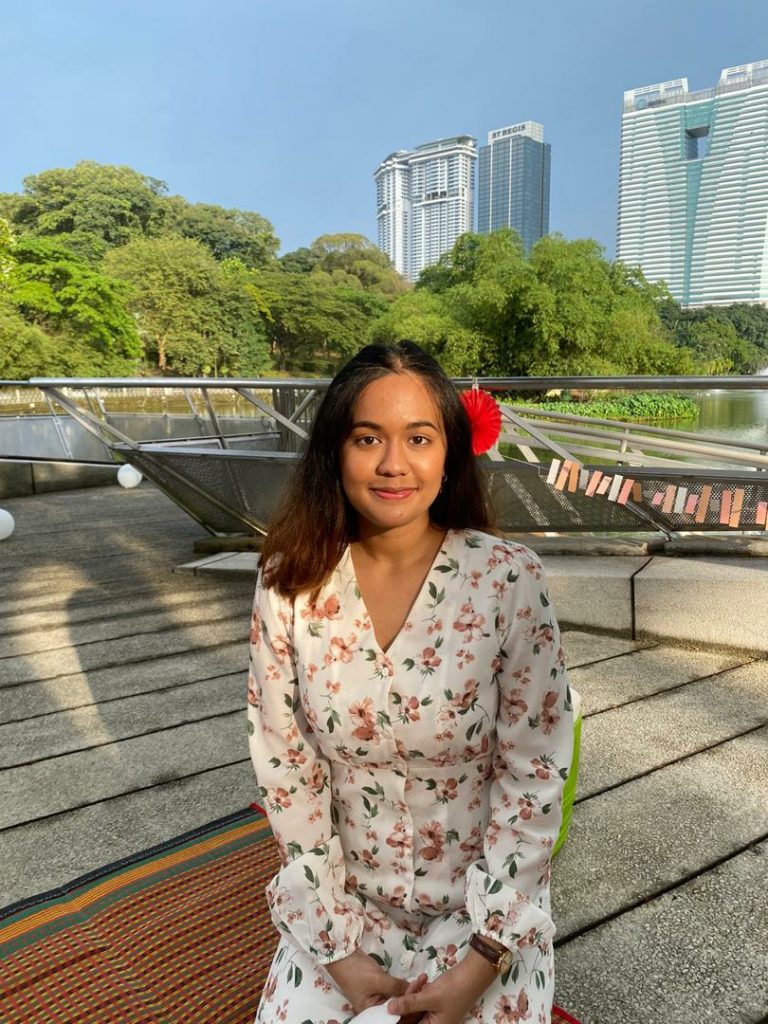
Raveena Rakni Suresh Raj
Leo baby & a psych major

